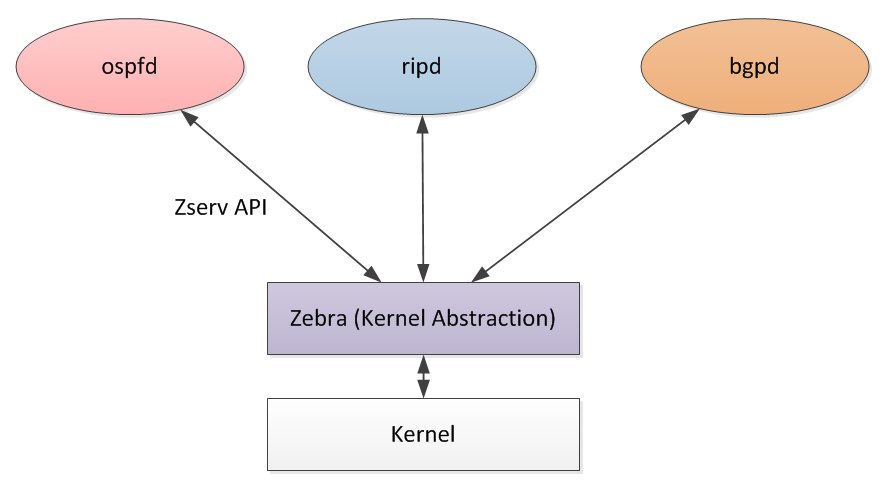0
By now, you’ve probably heard of Cisco’s Software Defined Networking (SDN) solution that is centered around ACI, or the Application Centric Infrastructure. Like most SDN platforms, a key component is the controller otherwise known as the Application Policy Infrastructure Controller (APIC) in the case of ACI. The APIC provides a single pane of glass that centralizes policy, configuration, and monitoring of the complete fabric. It also more importantly exposes the complete system via an object oriented REST API, which is what we’ll look at in this post.
By itself, ACI reduces the number of touch points in the network. This is no different than any other controller-based network that exists today and is a great step in the right direction. We can then honestly say SDN simplifies operations.
The issue is if you don’t have something else driving ACI, or any other SDN solution for that matter, it could take a large number clicks within the UI to configure a new tenant, application, or whatever is being configured. This is error prone as we all know it’s pretty easy to fat finger something! Because of this, it still makes total sense to automate network fabrics even if it’s not for Continue reading
